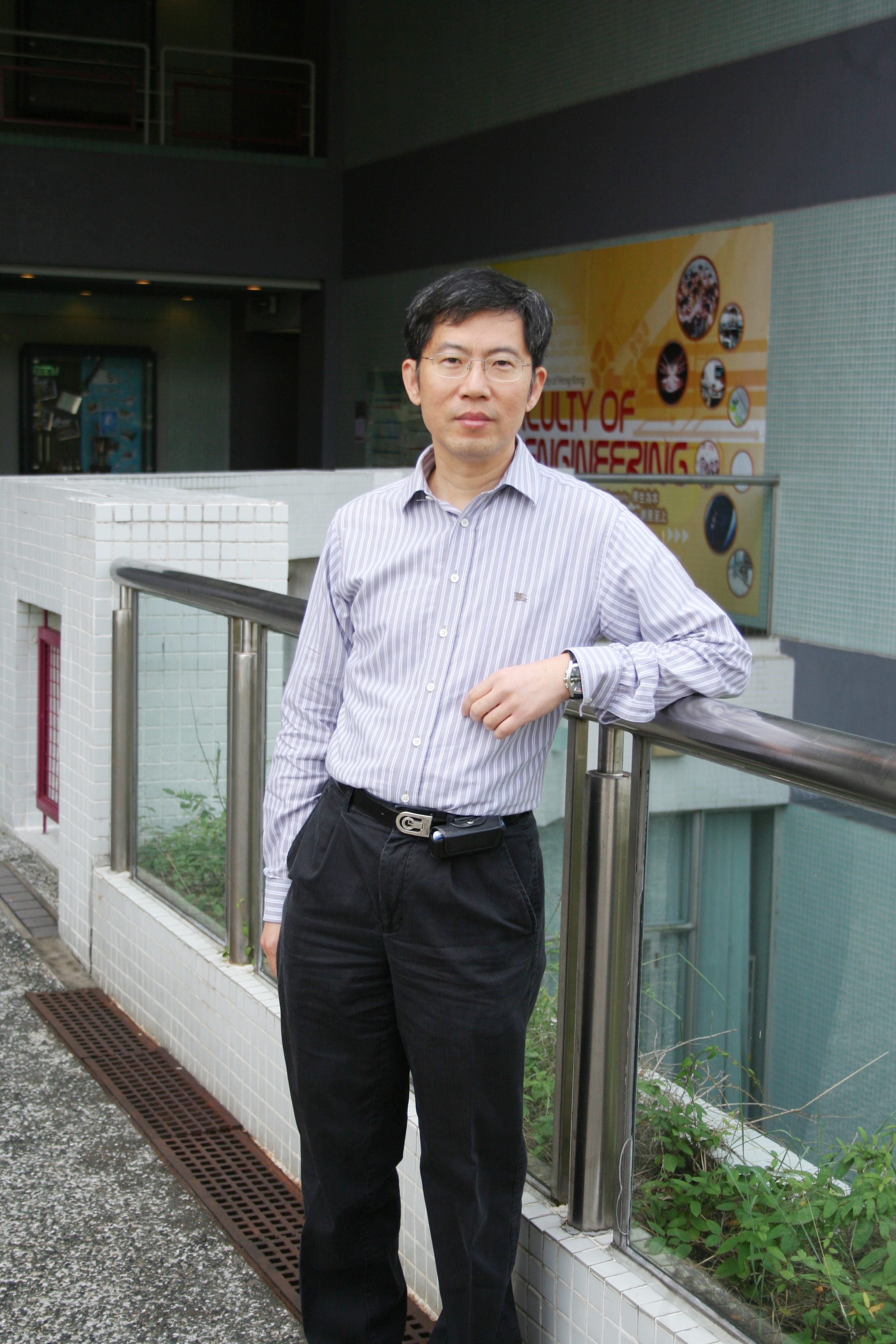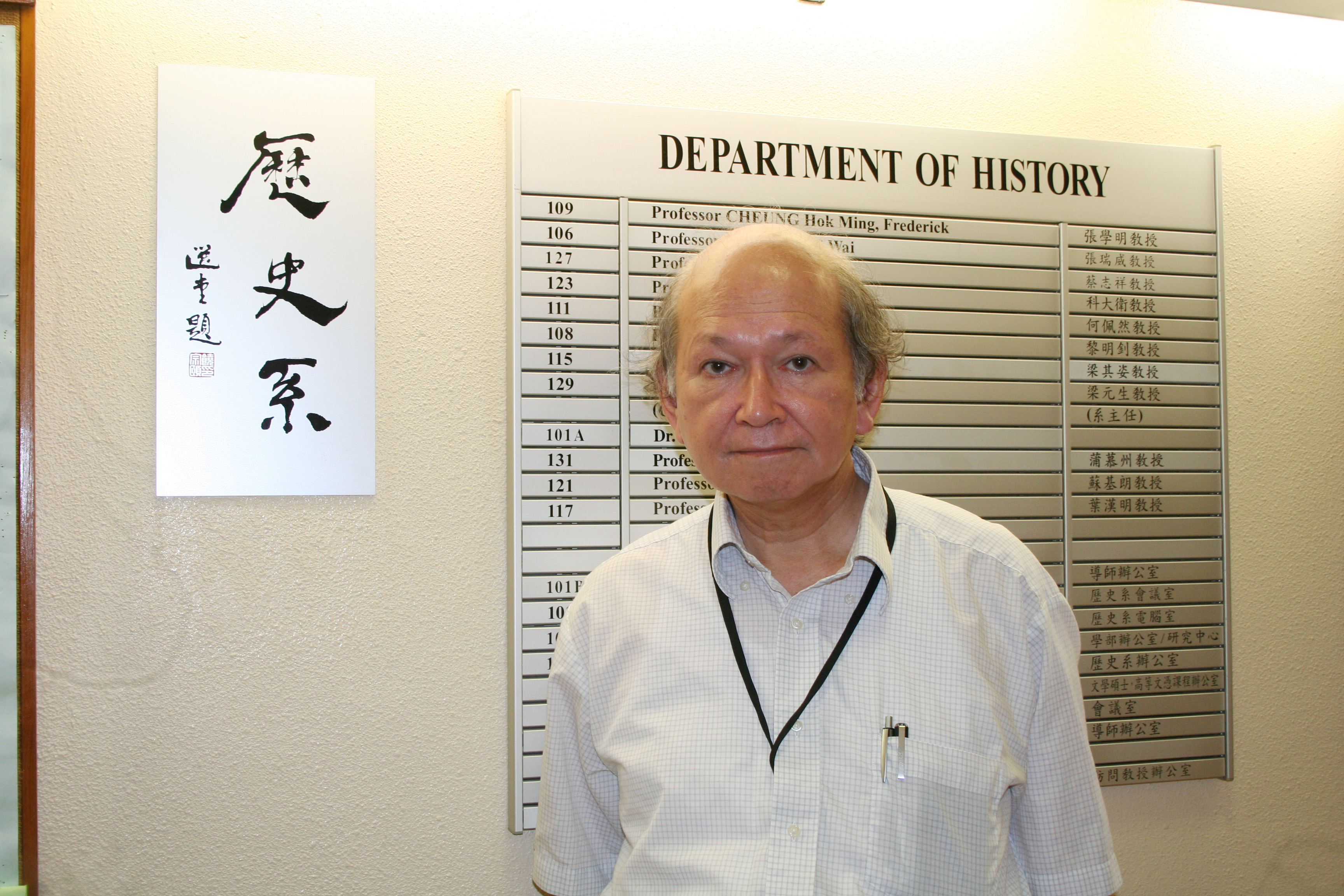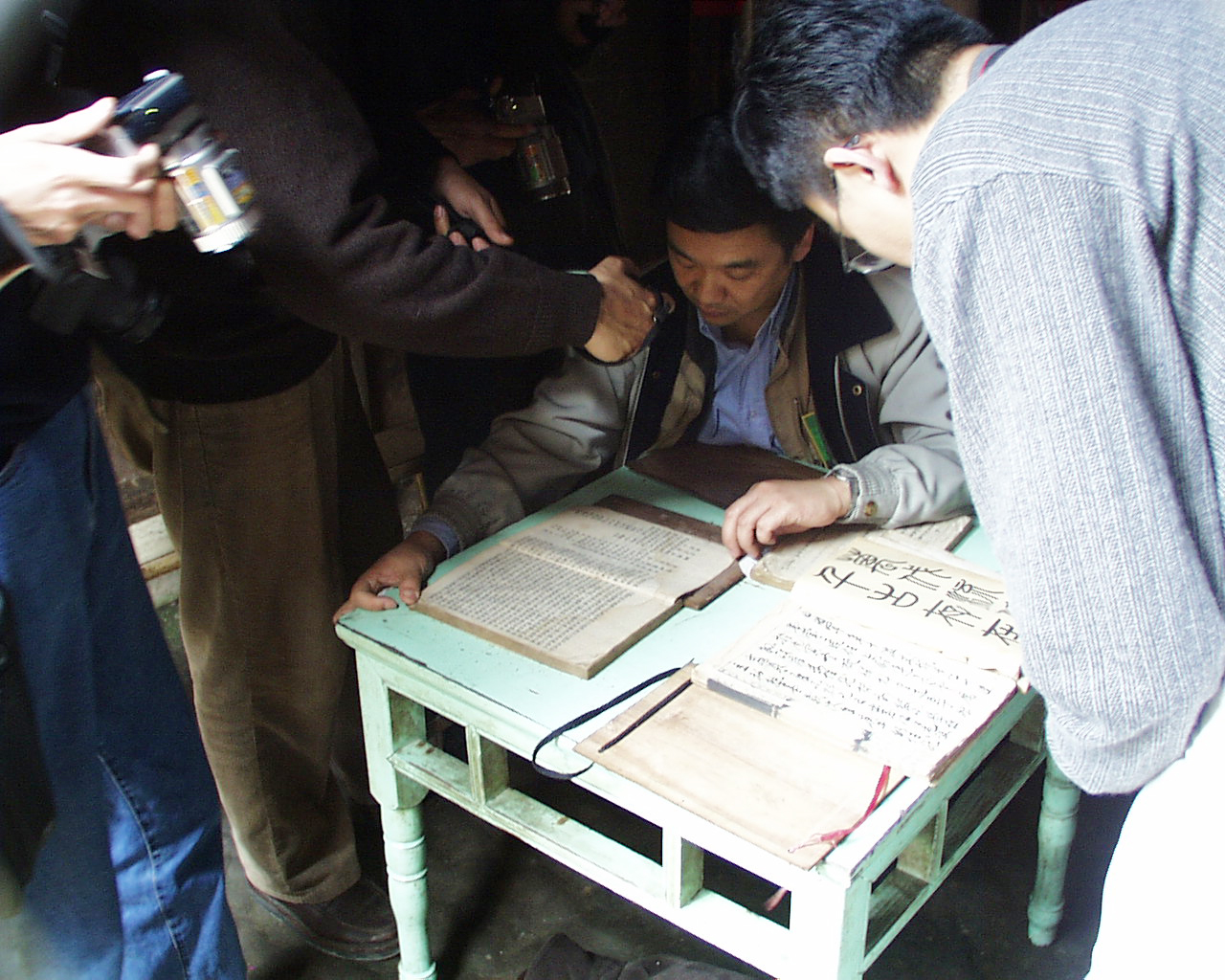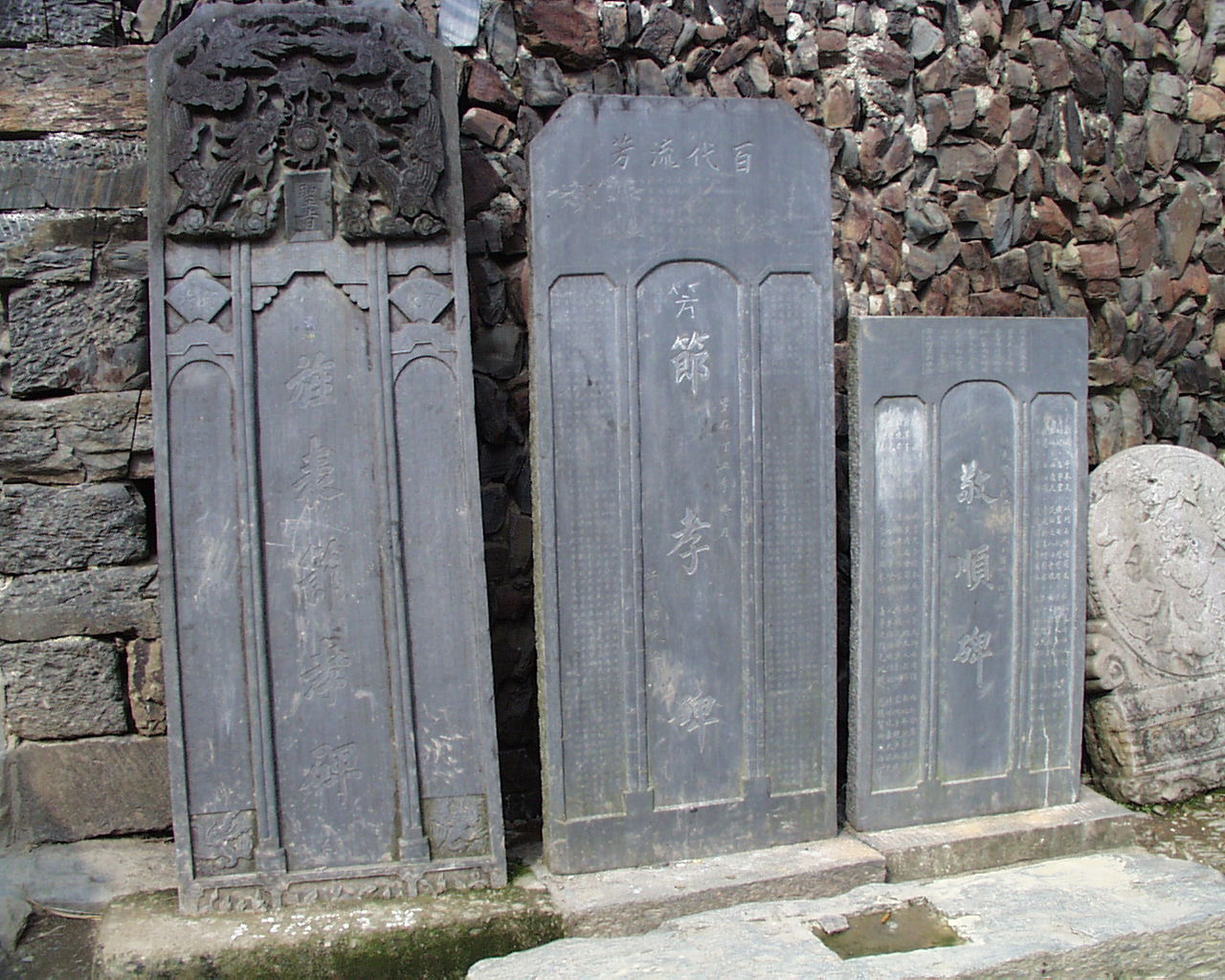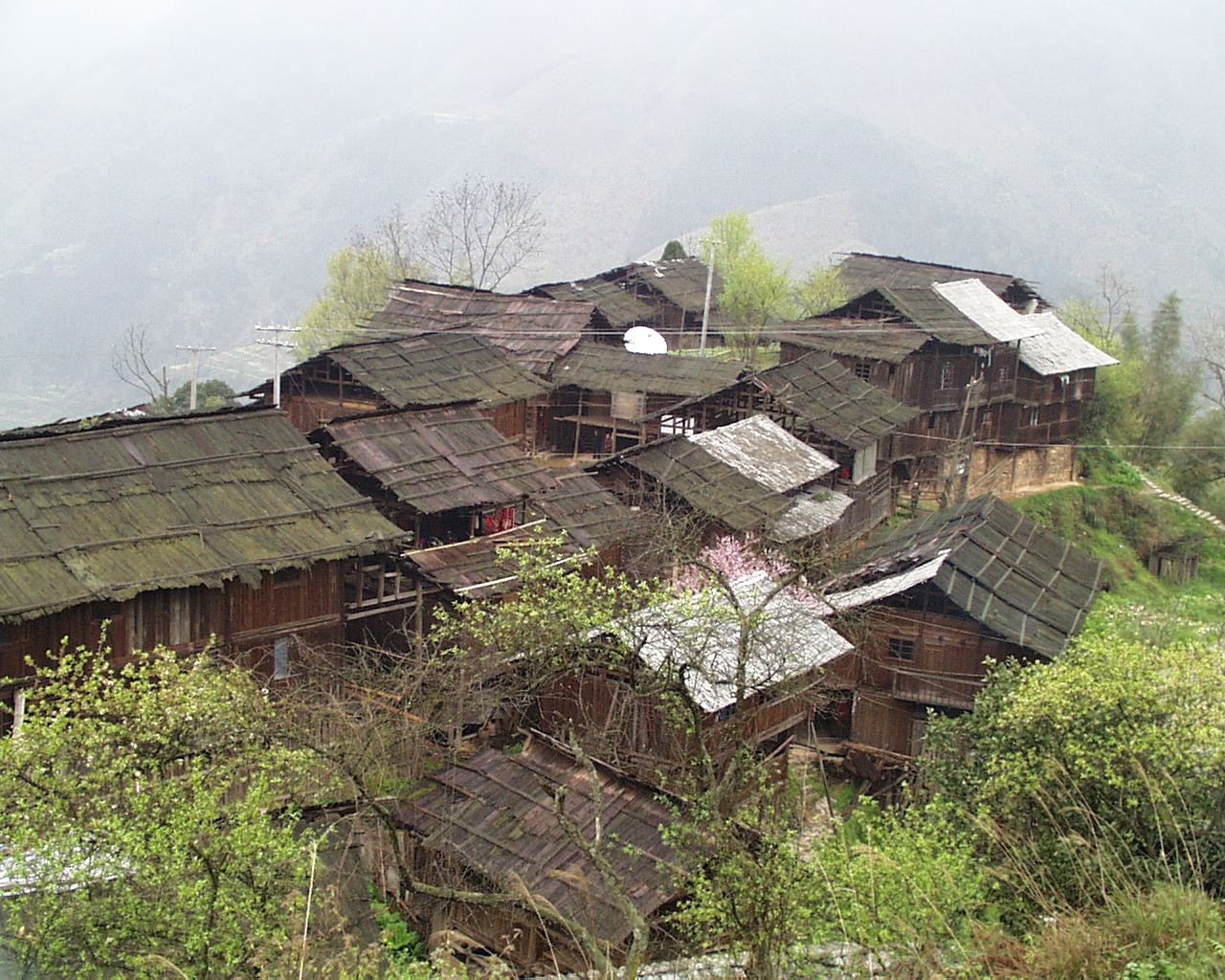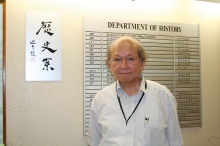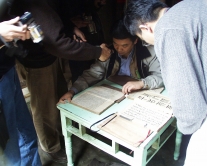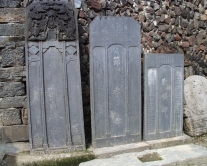CUHK
News Centre
Two CUHK-led Research Projects Made UGC Areas of Excellence
Two outstanding projects led by researchers of The Chinese University of Hong Kong (CUHK) have been granted over HK$103 million in funding in the fifth round of the University Grants Committee (UGC)’s Areas of Excellence (AoE) Scheme. The project ‘Institute of Network Coding’, led by Prof. Raymond Yeung Wai-ho, Professor of Information Engineering, received funding of over HK$80 million. The project ‘The Historical Anthropology of Chinese Society’, led by Prof. David Faure, Professor of History, the first humanities project ever to be made an AoE, was awarded over HK$23 million. The funding awarded by the UGC will support both projects for eight years.
Institute of Network Coding
Network coding theory, which originated at CUHK, represents one of the most significant recent breakthroughs in information science. The main objective of this project is to make Hong Kong a major centre of network coding by building a world-leading Institute of Network Coding at CUHK. The institute will conduct cutting-edge research on the theory of network coding and its various applications in Internet communications, wireless communications, information security, data storage and bioinformatics.
Through this project, Professor Yeung hopes to further enhance Hong Kong’s leading position in network coding, adding another chapter to this particular Hong Kong success story. To nurture top quality talent, the institute will recruit 10 to 15 research professors and post-doctoral researchers. It will also cooperate with the business sector to develop products with higher efficiency and stability in wireless communications. ‘We hope to enhance the standards of information engineering research and education in Hong Kong within a few years,’ said Professor Yeung. ‘In the long run, our goal is to attract overseas investors to set up research institutes and to develop related industries in Hong Kong, which will have a positive impact on the local economy.’
Network coding theory, introduced in the 1990s, brought about a paradigm shift in network communications. It replaces routers with coders that transmit evidence of a message instead of sending the message itself. The receiver can deduce the original message by the evidence collected, making network communications more efficient, reliable, stable and secure. Professor Yeung cited the traditional peer-to-peer (P2P) data sharing network as an example of how network coding technology has revolutionised communications. Under normal circumstances, it takes five to six minutes for a traditional network to stabilise the transmission of a video stream. However, this process can be shortened to 20 to 30 seconds by using network coding technology. ‘This is just one of the many areas where network coding can be applied,’ said Professor Yeung.
Professor Yeung’s research team consists of 15 local scholars, 11 of whom are from CUHK. He is delighted with the AoE grant, ‘Although this is a locally-based project, which will be conducted entirely in Hong Kong, I expect its results to make waves around the world.’
The Historical Anthropology of Chinese Society
Professor Faure’s project attempts to explore over a millennium of Chinese history, stretching from the Song Dynasty to World War II. He aims to construct a history of China from the perspective of ordinary people, as this bottom-up approach can deliver important perspectives that might be missed by more traditional approaches. ‘Villagers often know more about the history of their own district than the scholars do,’ he says.
Professor Faure, Director of CUHK’s Centre for Comparative and Public History, has written widely on the culture of southern China and the changes of village societies. Fourteen scholars will work together on this project. Speaking of the project, Professor Faure says, ‘The AoE funding will allow us to widen our focus. We used to concentrate on the history of southern China, but we can now extend our research to the rest of China.’
The research team will adopt a cross-disciplinary research methodology. Besides deploying the traditional tools of historical research, Professor Faure will also employ the techniques of historical anthropology, a relatively new discipline whose insights have much to offer the historian.
Professor Faure’s researchers will be looking at a large number of local documents, letters, commemorative plaques, books of ritual, agreements, contracts and pedigrees, which can shed important light on the history of a particular region. They will also study the architectural design of temples, document local attitudes to religious and ancestral worship, and record local mythologies. Professor Faure explained that he is primarily interested in the gradual changes in social structure and regional identity that have taken place in China over the past millennium. His team will attempt to relate these regional discourses to the overall history of China, so as to better understand the country’s complexity.
Five projects were approved as AoEs under the fifth round of the AoE Scheme, out of a total of 28 proposals submitted. Since its launch in 1998, the AoE Scheme has funded a total of 15 research projects, six of which have been headed by researchers from CUHK.


